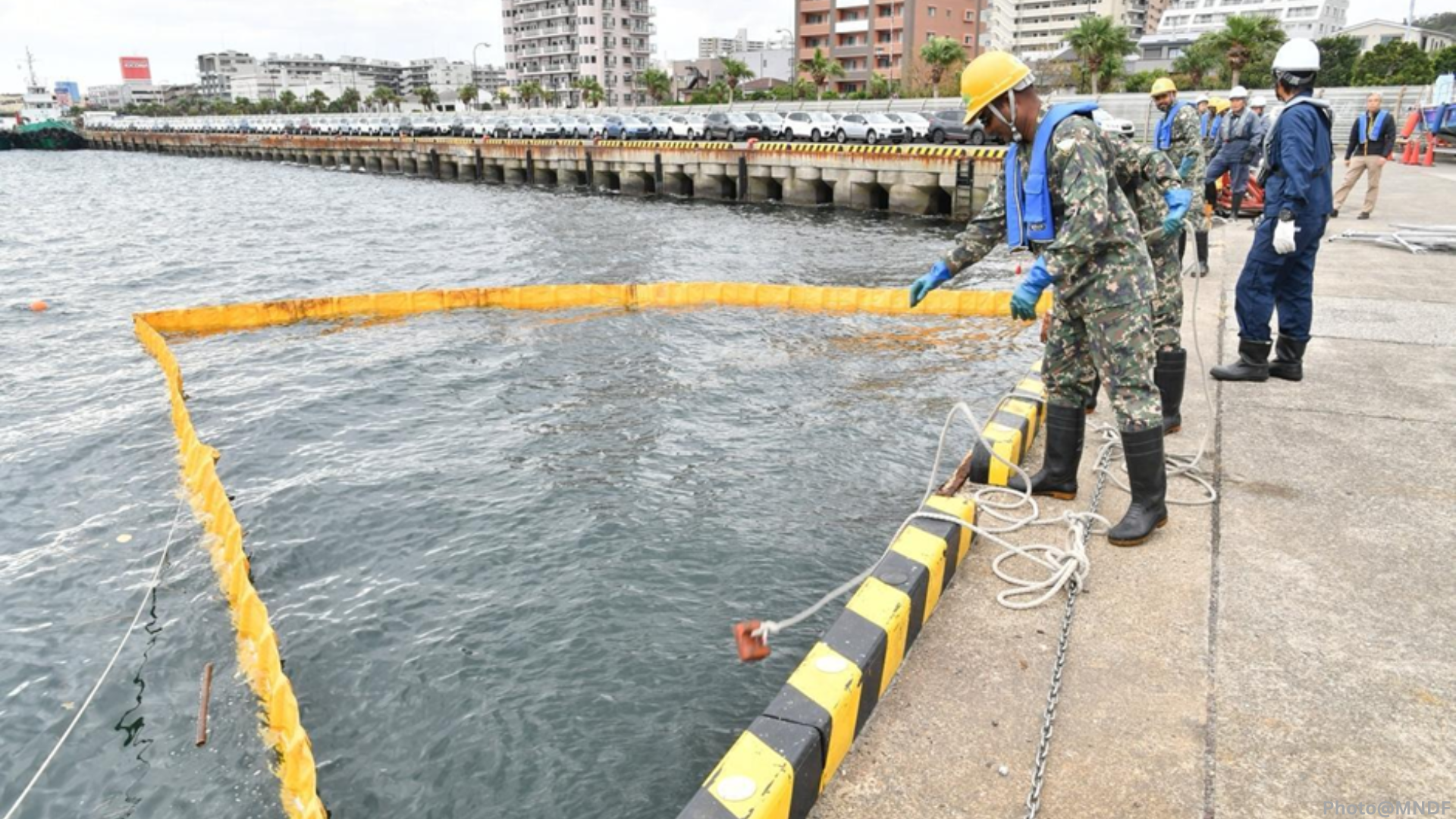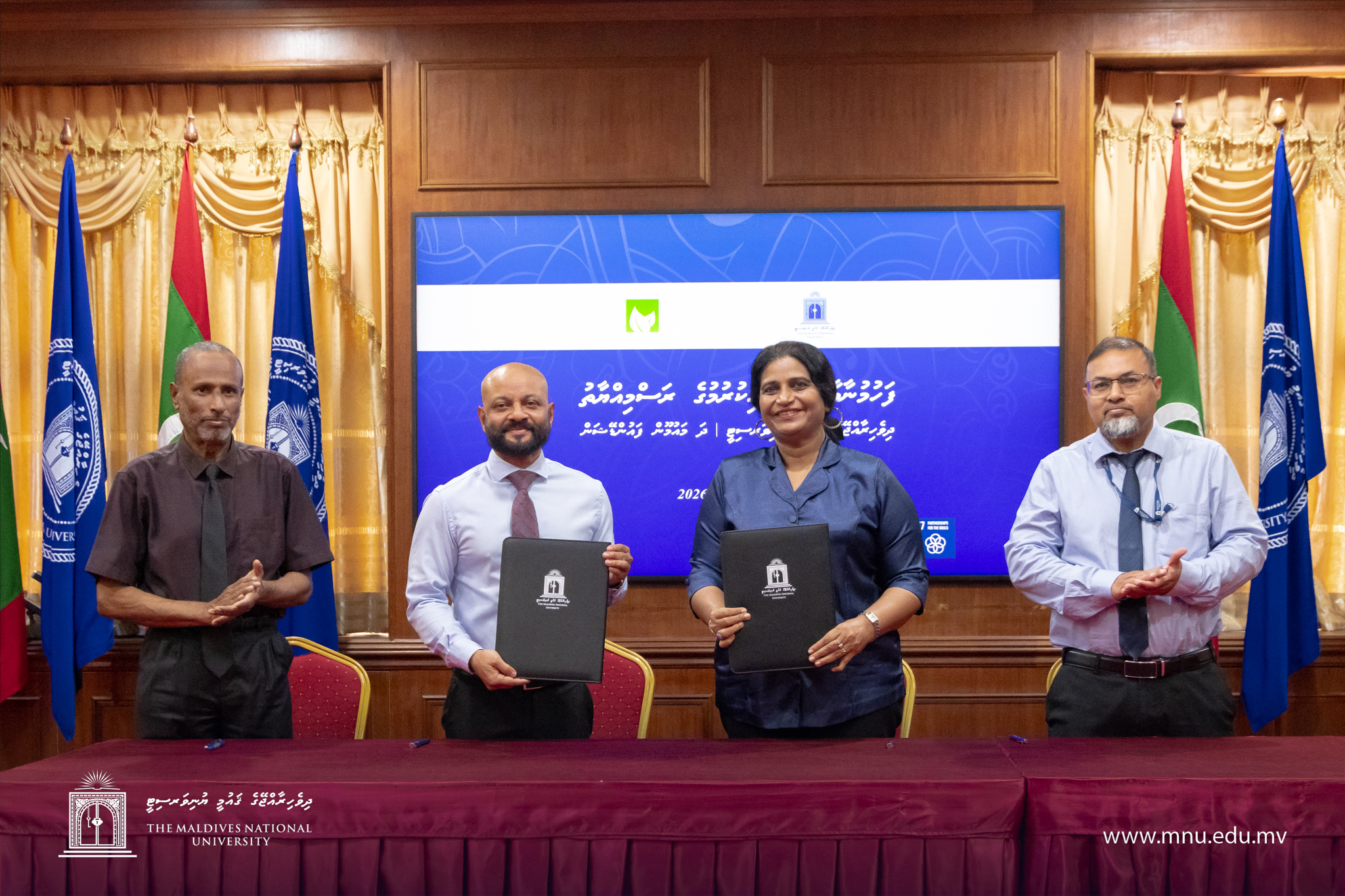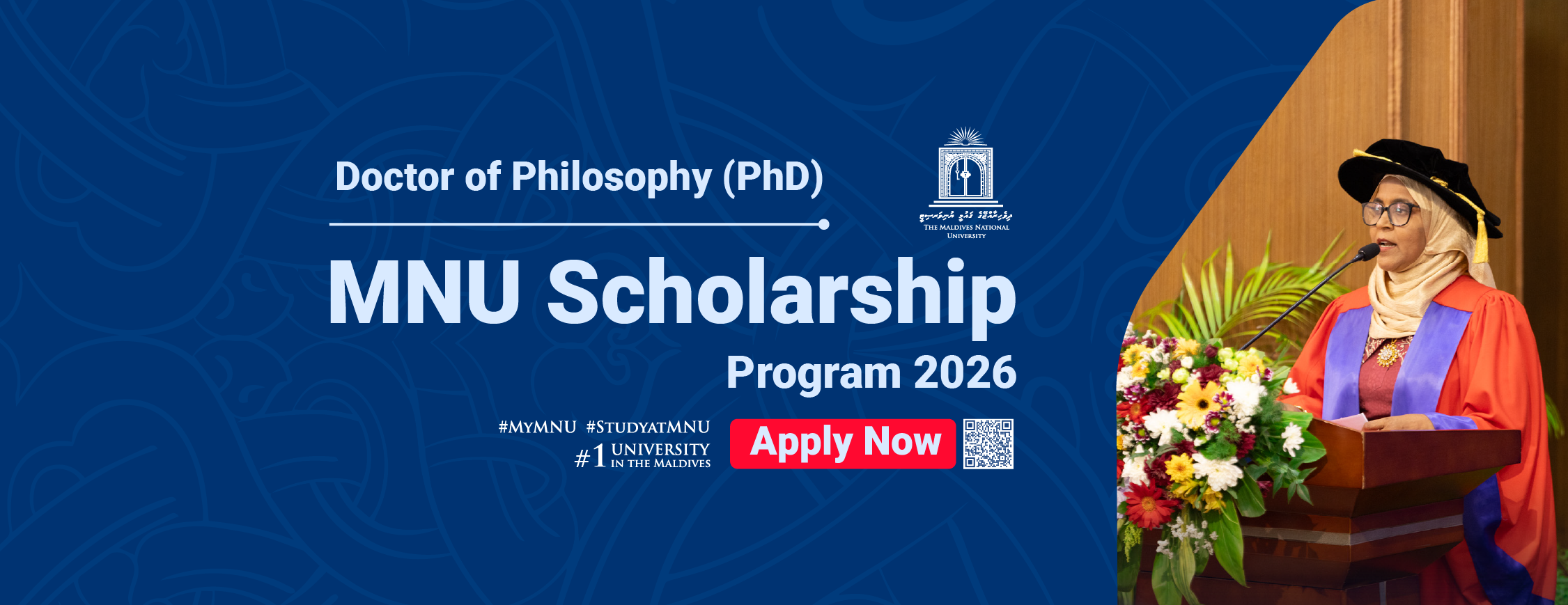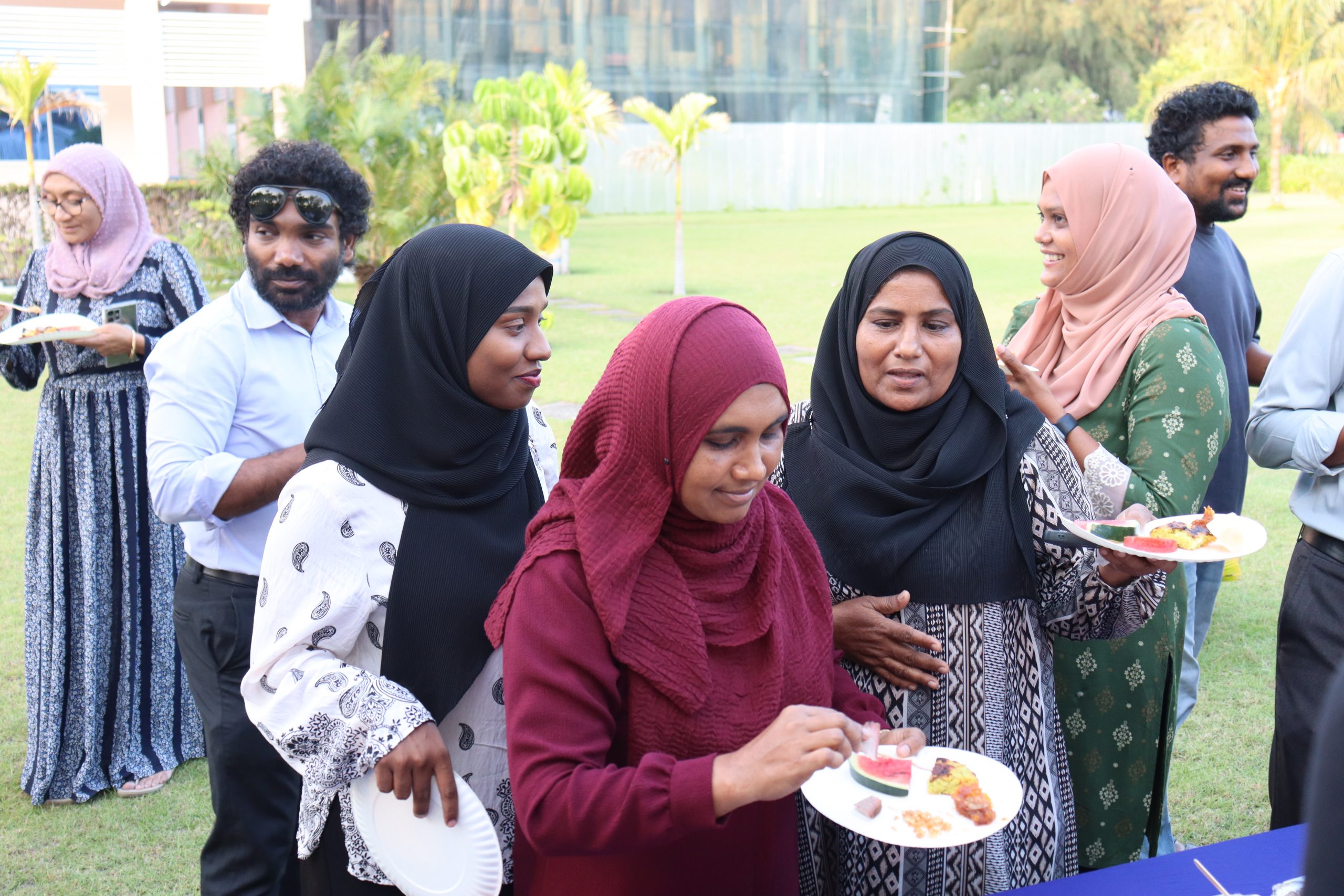Introduction
Maldives is particularly vulnerable to maritime pollution. The country’s efforts to develop comprehensive preparedness strategies to address potential incidents at sea would be integral to the regional security strategy.
Geostrategically, Maldives occupies a significant position in the Indian Ocean – i.e, more than 40 per cent of global oil shipments moving from West Asia to East Asia transit through sea lanes traversing its territory. Maldives has functioned as a pivotal maritime transit hub, facilitating commercial connectivity at sea. From the 9th century onwards, Arab traders frequently navigated through this archipelago – for example, foreign merchants, such as Sulāyman al-Tājir and Al-Masʿūdī, passed through and established active trade relations with Maldives in the past. The renowned Chinese admiral Zheng He’s visits to Maldives, during his expeditions in 1411 and 1430, underscored the island nations’ strategic role in the Indian Ocean trade networks linking China and the African Continent.
Maldives hosts a large ocean area – i.e., over 98 per cent of its territory is ocean – covering high maritime traffic. This increases the potential for Maldives to encounter oil spills from tankers and cargo vessels. Oil-based pollution can create ripples damaging its ocean resources, from killing corals to threatening marine life supporting local food security. This analysis explores local and regional oil spill-related incidence and Maldives’ approach to addressing them.
Maritime Incidents in Maldives
In June 2014, the Vietnamese-flagged bulk carrier MV Viet Long, loaded with a substantial quantity of bunker oil, was aground close to the Summer Island Village resort in Kaafu Atoll (a tourist resort island near Malé). A small amount of oil was released into the nearby waters. While the vessel was being towed to Colombo for repairs, since Maldives does not house a docking facility for large vessels, the vessel ultimately sank to the east of Kaafu Atoll.
In August 2016, the MV NGOC Son ran aground on the southwestern reef of Fuvahmulah island (Gnaviyani Atoll). It was carrying a significant quantity of bunker fuel. Shortly after the grounding, the island’s residents reported the appearance of oil residues along their island’s shoreline. The leakage was traced back to the vessel.
This analysis’s author, who served as the on-scene commander at the time with the MNDF Coast Guard, was directly involved in coordinating containment and clean-up operations. A Singaporean salvage firm ( SMIT/Boskalis salvage team operating from its Singapore emergency-response centre) was engaged in sealing the leak. Unfortunately, during its subsequent towing away from the reef, the vessel sank south of Addu Atoll (southwest of the island of Fuvamulah).
On 18 August 2021, the Panama-flagged supermax bulk carrier MV Navios Amaryllis ran aground near Kaafu Rasfari reef while sailing from India to South Africa. Although no incident of any oil spill came to light, the vessel that was then transporting an estimated 1,600 tons of bunker fuel and lubricants potentially presented a considerable environmental hazard at the time.
Small States’ Threat Narratives
These incidents demonstrate potential risks to Maldives arising from the seas close and afar. The vessels traversing Maldives, occasionally causing local oil pollution, do not originate from or belong to the local islands. The potential threat arises from foreign ocean and land territories. This setting has shaped the existing mitigation and problem-solving efforts in Maldives.
For example, Maldives lacks access to adequate resources to manage major oil spills. Potentially, the damage could be disastrous and could lead to an existential crisis. At the local level, Maldives is likely to declare oil spill-based pollution as a security threat and set a national strategy to address the threat at sea.
Considering the limited resources, Maldives has navigated problem-solving with regional partners.
By cementing its existing engagements and partnerships with donors and regional partners, Maldives can negotiate resource-sharing mechanisms to support local anti-pollution plans as a national security matter. For example, the DOSTI maritime security exercises between Maldives, India, and Sri Lanka are foundational to such arrangements.
Mapping Maldives’ Efforts – Challenges to Strategy
In 2014, the Maldives National Defence Force (MNDF) commenced the development of a National Oil Spill Contingency Plan (NOSCP). The effort was supported by the United States (US) and the United Kingdom (UK). Further, the United States Indo-Pacific Command (USINDOPACOM), under the aegis of the US Army Corps of Engineers, collaborated with the Maldivian institutions to carry out Environmental Sensitivity Index (ESI) mapping in Laamu Atoll. This exercise generated vital data on ecological, socio-economic, and shoreline resources, which are fundamental to contingency planning, prioritisation, and effective response operations.
The NOSCP has not been finalised yet.
The MNDF Coast Guard serves as the leading agency for ensuring oil spill response in Maldives. Although no large-scale oil spill has occurred to date along the vast coastline of Maldives, the Coast Guard has continued to effectively respond to minor incidents. In August 2020, the Government of Japan strengthened national capacity by donating oil spill response equipment worth JPY 300 million (USD 2.8 million), subsequently allocated across the four MNDF area commands.
This equipment will not be enough if there is a large oil spill in the future.
Maldives has been undertaking ongoing efforts to navigate potential challenges caused by a foreign-based oil spill. The policy significance has grown among national security actors – i.e., Maldives should focus on strengthening contingency planning, capacity building, and regional cooperation. For example, in the case of MV Wakashio, the Ministry of Foreign Affairs framed the incident as a regional ecological crisis and expressed explicit solidarity, signalling that Maldives saw the Wakashio spill as relevant beyond Mauritius’ borders (i.e., a warning for all Indian Ocean small island states).
The MV Wakashio spill in Mauritius exposed significant gaps in preparedness and response capacity for small island states, from which Maldives must learn. For example, Mauritius did not have a fully resourced National Oil Spill Contingency Plan, and the available equipment was insufficient to manage an oil spill of the suggested scale. While Maldives has been fortunate to avoid a major spill thus far, the risk remains imminent given the increasing maritime trade flows and the ecological fragility of coral reef systems.
Conclusion: Roadmap for the Future
This preparedness and response planning can manifest itself, in Maldives, learning lessons from past maritime disasters in the region while taking proactive measures to strengthen its preparedness mechanisms to counter major oil spills. Forging Memoranda of Understanding (MoUs) with regional maritime partners would enable timely assistance in recovery and cleanup operations, ensuring that the nation is not left vulnerable in the event of a catastrophic spill.
Annexure -1:
Maldives is a signatory to a number of International Maritime Conventions that counter pollution and ensure an effective response. They are listed below:
|
Convention Name
|
Maldives’ Status
|
Depositary Reference / Date
|
|
MARPOL 73/78 Annex III (Harmful Substances)
|
Party
|
IMO Status of Conventions
|
|
MARPOL 73/78 Annex IV (Sewage)
|
Party
|
IMO Status of Conventions
|
|
MARPOL 73/78 Annex V (Garbage)
|
Party
|
IMO Status of Conventions
|
|
MARPOL 73/78 Annex VI (Air Pollution)
|
Party
|
IMO Status of Conventions
|
|
OPRC 1990 (Oil Pollution Preparedness, Response and Cooperation)
|
Party
|
IMO Status of Conventions
|
|
CLC 1992 (Civil Liability for Oil Pollution Damage)
|
Party
|
Depositary: IMO, Accession Date: 2005
|
|
FUND 1992 (International Oil Pollution Compensation Fund)
|
Party
|
Depositary: IMO, Accession Date: 2005
|
|
BUNKER 2001 (Bunker Oil Pollution Damage)
|
Party
|
Depositary: IMO, Accession Date: 2005
|
|
HNS Convention (Hazardous and Noxious Substances)
|
Not in force
|
Not yet ratified by Maldives
|
|
Regional MoU (South Asia Seas Oil & Chemical Spill Response)
|
Signatory
|
SACEP/SASP MoU, signed pre-2015
|
Author
Lt Col Ahmed Jameel is a serving officer in the Maldives National Defence Force (MNDF), with 20+ years of experience in the maritime domain. He also has a postgraduate degree in International Relations from Salve Regina University, USA. The author acknowledges that the statements, opinions and arguments made are his own and do not reflect the Maldivian Government’s policies and position.





